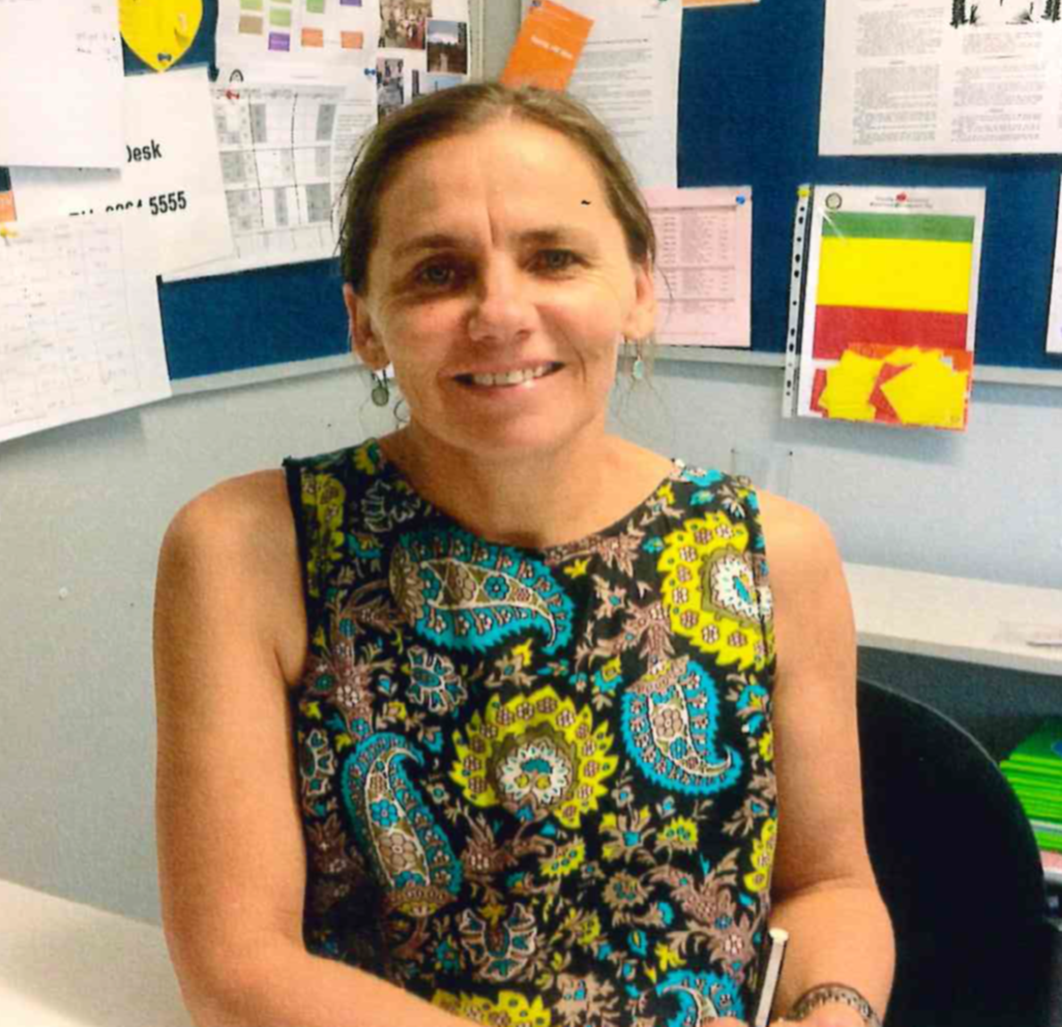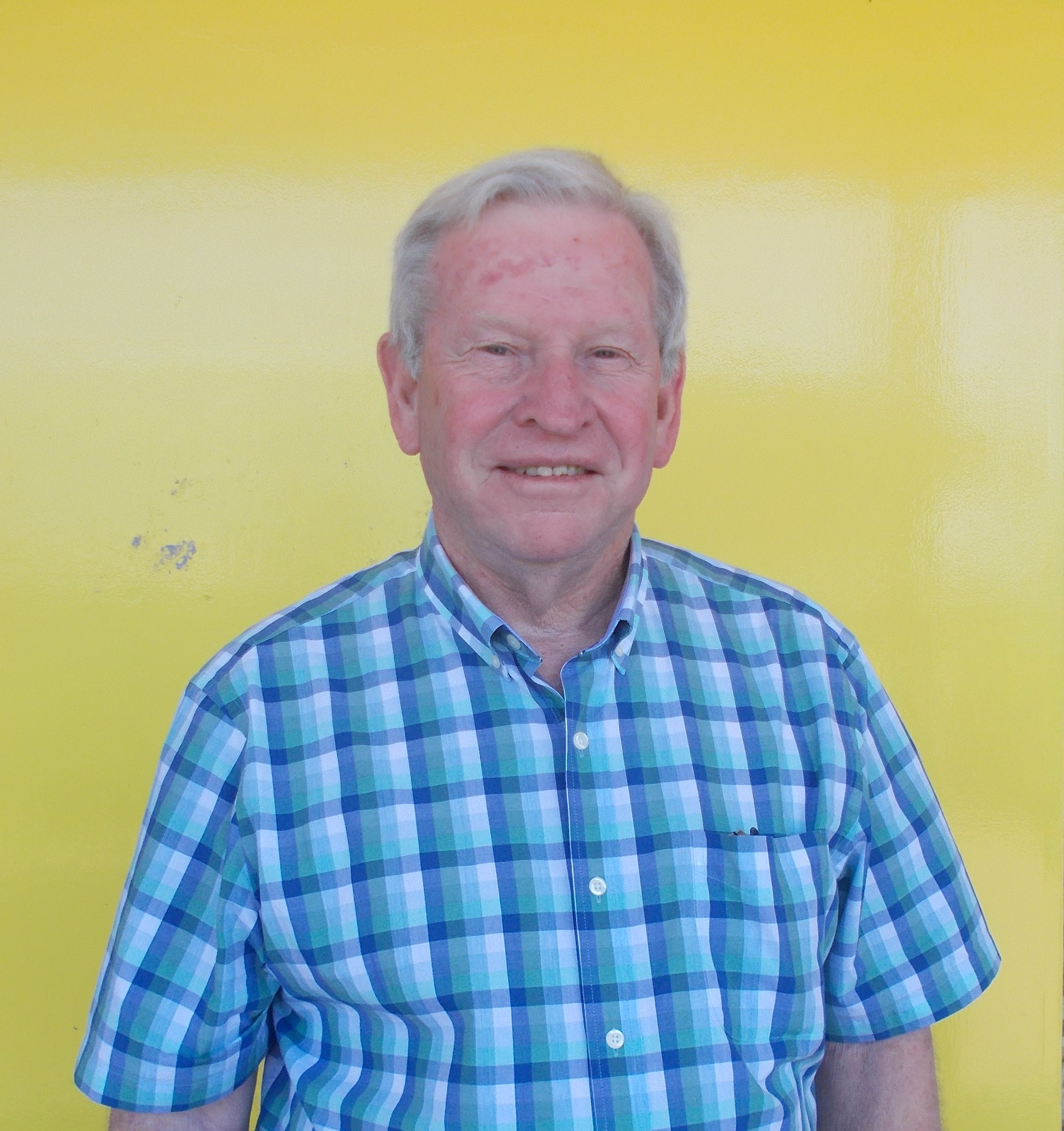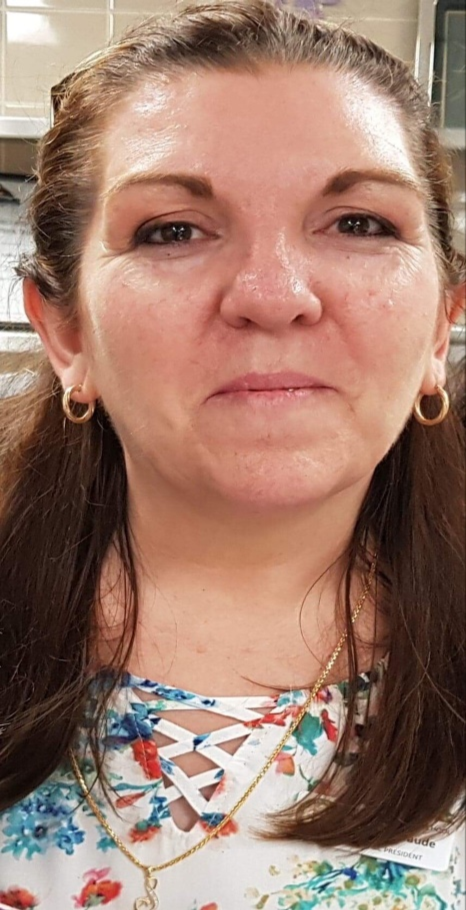School Board
Thornlie Primary School
School Board Nomination Form
Why does Thornlie Primary School have a School Board?
Thornlie Primary School is an Independent Public School (IPS). An IPS is a Public School where the Principal has been given increased flexibility and responsibility to make local decisions across a range of school operations to enhance education outcomes for students. Principals of Independent Public Schools establish a School Board who represent the school community. Establishing a Board is an opportunity to attract a broader cross-section of people with a range of experiences and expertise. Strong community and business representation ensures the Board can make an even more significant contribution to the development of the School.
What is the purpose of a School Board?
- Work with the Principal and their communities to achieve the best outcomes for students.
- Provide a broad range of experience, advice and expertise to the Principal, and to participate in key decisions as listed below in the policy making, enforcing and reporting of the School.
- Promote the School to the community.
The School Board participates in:
- endorsing the school’s Delivery and Performance Agreement;
- annually endorsing and reviewing the school budget and Business Plan;
- processes to review school performance;
- processes to determine satisfaction levels of parents, staff and students, with results reported in the school’s Annual Report;
- endorsing the school’s Annual Report;
- the Department of Education Public School Review (with the report made public);
- communicating with the broader school community regarding the Board’s function and activities;
- establishing and reviewing the school’s objectives, priorities and general policy directions from time to time;
- planning financial arrangements necessary to fund those objectives, priorities and directions;
- evaluating the school’s performance in achieving those objectives, priorities and directions;
- formulating codes of conduct for students at the school;
- taking part in the selection of, but not the appointment of, the school principal;
- approving a charge or contribution determined by the principal for the provision of materials, services and facilities;
- approving the costs determined by the principal to be paid for participation in an extra cost optional component of the school’s educational program;
- approving the items determined by the principal to be supplied by a student for the student’s personal use in the school’s educational program;
- agreeing or arranging for advertising or sponsorship in relation to a government school;
- developing a dress code for students when they are attending or representing the school, in consultation with students, their parents and staff of the school; and
- discussing the use of prayers, songs and material based on religious, spiritual or moral values being used in a school activity as part of religious education.
The School Board DOES NOT:
- manage the day to day running of the school such as managing staff or the placement of students to classes;
- discuss individual issues relating to teachers, staff or parents;
- represent specific interest groups or permit special interests to dominate the agenda of the Board;
- intervene in the educational instruction of students;
- borrow money or obtain funds;
- purchase property; or
- performance manage the Principal or any other Department of Education employee.
What is the difference between the Parents & Citizens’ (P&C) Association and an Independent Public School (IPS) School Board?
Both P&Cs and School Boards have valued, but different, roles within public schools. The purpose of the P&C is to promote the interests of the school through co-operation between parents, teachers, students and members of the general community; assist in the provision of resources, facilities and amenities for the school; and foster community interest in educational matters. The P&C provides parents with opportunities to meet to determine the needs and aspirations of the school community; share information and views; learn about, help shape school policies and programs; and help raise funds to provide extra resources.
As an incorporated association, the P&C can obtain funds for the benefit of the school, employ staff other than Department of Education employees, and manage or operate facilities at the school such as a canteen.
The P&C operates within the requirements legislated in the School Education Act 1999, the School Education Regulations 2000, the Associations Incorporation Act 1987, and its P&C Constitution. Incorporated associations are a legal entity in their own right, separate from individual members and from the school. As such, they have different and specific reporting requirements, and are bound by the Associations Incorporation Act 1987.
The School Board works in a consultative and decision-making capacity with the school to achieve the best outcomes for its students. Our School Board is unincorporated and is separate from school management and from the P&C, and is created, and operates, according to requirements legislated in the School Education Act 1999, the School Education Regulations 2000, and its Terms of Reference.
Who can Nominate and be Elected to the School Board?
Our School Board office bearers include the Principal, three staff, five parents and two community member. Staff members are elected from, and by, staff at the school and contribute their education expertise. Parents of children attending the school are elected from, and by, parents. Parent members of Boards contribute their experience as parents at our school and the views and context of the wider school community. Community members are appointed by the Board. They may bring expertise such as business, accounting or other skills that the board may be looking for at that time. The board appoints suitably qualified persons from the list of community nominations, by vote, in a meeting. The Community Representative, whilst on the board, must represent the interest of the school, not that of any other organization they belong to. Additional community and industry members who have skills, experience or qualifications that will enable them to make a contribution to the board’s functions may be co-opted onto the board for a specific time period. Co-opted members are not full members of the board, and do not have voting rights.
Can a P&C member be a member of the School Board?
The P&C is entitled to nominate one of its members to be considered for membership of the board in the category of parent or general community member, as is relevant to the nominee, when a vacancy arises.
The Election Process
When there is a vacancy on the School Board, the Principal will call for nominations. If more than one nomination is received the principal will conduct an election. Once the votes are received and tallied, the Principal will advise all candidates of the outcome.
Term of Office
Staff and parent representatives on the Board are appointed for three years but can also be reappointed for a further term once or more than once.
Protection from Liability
An individual on an unincorporated school board cannot be held liable for a decision made (or omitted) in good faith (Section 137.1: School Education Act 2000). Unincorporated Boards are covered for Personal Liability under the general liability and professional liability insurance coverage with the Department’s Risk Cover.
How often does the School Board Meet?
The School Board meets at school on Wednesday mornings at 8.40pm at least once per school term. All members are expected to attend or send an apology 48 hours prior to the meeting.
If you require more information about our School Board please feel free to contact the Principal.
Nationally Coordinated Criminal History Check (NCCHC)
All parent and community members of a school council/board are required to have a Nationally Coordinated Criminal History Check (NCCHC) through the Department’s Screening Unit and be cleared before their position on the council/board can be confirmed. No other police clearance checks can be accepted.
Clearance for council/board members is valid for three years. If a parent or community member continues for longer than three consecutive years they will need to consent to a new NCCHC before starting their fourth year. If a parent or community member withdraws from being on the council/board or their tenure expires, and they later decide to return, they will need to have a new NCCHC before their position can be confirmed. Student members under 18 years do not need to be screened. Department employees have already been screened as part of their employment.
School council/board members of public schools will not be charged to complete the NCCHC.
School Board Nomination Form
Our School Board Members
Tamba Matusch (School Board Chair)
Lynette Deane-Spread (Principal)
Jacqui Rodrigues (Teacher Representative)
Lynda Pettit (Teacher Representative)
Ross Albones (Community Representative)
Susan Claude (Community Representative)
Eleen Chen (Parent Representative)
Craig Ringer (Parent Representative)
Meet our School Board Members

Tamba Matusch (School Board Chair)
Board chair and Parent Representative, Tamba is wife to Walter and mother to Karl (Year 2), Theodore (Kindy) and Freddy (Siamese fighting fish).
In a previous life she was an occupational therapist at a hospital and later a women’s pastor at her church.
Tamba joined the board to give back to the school which has given so much to her kids. She enjoys hearing at board meetings how Thornlie Primary just keeps getting better and better.

Jacqui Rodrigues (Teacher Representative)
I have been teaching within the Intensive English Centre (IEC) at Thornlie Primary School for ten years.
I am passionate about education and feel privileged to be able to teach within this specialist program where I can support students who are newly arrived to Australia as they start their education journey in Australia.
Prior to teaching at Thornlie I taught mainstream in a few different schools and then transitioned into the IEC at Beaconsfield PS after completing Graduate Studies in Linguistics.
Prior to beginning my career in teaching, I worked within a very different profession. I was always interested in education and learning so I decided to pursue a very different career which started with studies in Sociology and Psychology followed by a diploma of education.
I am pleased to be a member of the Thornlie Primary School board, and within this role provide a wide perspective which encompasses the needs of the whole school and is reflective of the current community within the IEC.
Lynda Pettit (Teacher Representative)
My association with Thornlie Primary School goes right back to the beginning of my journey in education, starting as a Year One (or Grade One as it was then) when the school was only three classrooms big and the oval was bush. After completing high school at the no longer existing Cannington Senior High School, and while attending teachers’ college, I once again returned to Thornlie Primary to undertake my long-term final teaching practicum.
Upon graduating, I taught in the country at Northam and Denmark. I then took a break from teaching to travel, intending for this to be only twelve months. This, however, turned into five years, in which time I became a nanny for a millionaire’s three daughters, and through their traveling and my backpacking in my holidays, managed to travel through most of Europe and parts of Africa and Asia.
Upon returning to Perth I took up relief teaching, and on one of these occasions was offered a position at Thornlie Primary. That was 30 years ago this year. In that time, I have been a class teacher from Years One to Four, a specialist Literacy teacher, deputy principal and acting principal.
Consequently, I have seen many changes at our school – the addition of more buildings and the creation of the IEC, the expansion of the multicultural backgrounds of our students, and the on going and often rigorous changes in education itself.
Recent times have seen more milestones in the history of Thornlie Primary. Firstly, in becoming an Independent Public School, and secondly, in achieving nominations in two categories of the 2019 WA Education Awards.
I have been proud and privileged to be part of this chapter in the history of Thornlie Primary as both a class teacher and School Board member.

Ross Albones (Community Representative)
Ross is a community member of the Thornlie Primary School Board and has a long association with the school as a former Director Schools in the Canning Education District and as a Mentor with the Fogarty Edvance Program. Following graduation from Claremont Teachers College in 1966, Ross held teaching positions in several Western Australian country schools before receiving promotion to Deputy Principal at East Narrogin Primary School in 1975. This was followed by further Deputy Principal appointments at Exmouth and Carine prior to promotion to Principal of North Scarborough Junior Primary School in 1982. Ross held Principal positions over the next 20 years at Lake Gwelup, Lockridge and Beaumaris Primary Schools. During this time he studied externally to gain BA (UWA), BEd(Curtin) and MEdAdmin (UNE) degrees. He was also awarded the position of Fellow with the Western Australian Council for Educational Administration as well as a Leadership Centre Fellowship for a North American Study Tour. He was a Principal of the Year finalist in 1997 and 1998. Ross acted as District Director in the Joondalup and Fremantle Districts before becoming Director Schools in Fremantle Peel and Canning Districts with a total of 10 years at senior executive level. Since his retirement from the Department of Education in 2011 Ross has worked as an education consultant and coach mentor with the Fogarty Foundation. He is a School Board member at Thornlie and is Patron of Rosalie Primary School.

Sue Claude (Community Representative)
I have lived in Thornlie for 26 years and been involved with Thornlie Primary School for 23 years. My five sons completed their Primary education at TPS. My youngest grandson is currently in Pre Primary. I have held an Executive position on the P&C for the past 10 years and am currently the P&C President. I’ve also represented the parent body for 6 years on the School Council prior to becoming an Independent Public School and was the Parent/Community support in Thornlie Primary School’s application for IPS. I can be found around the school most days volunteering in various capacities; Uniform Shop, Canteen, Fundraising. My background is in Adult Migrant Education, Social Services with DIMIA and WA Police Dept. I’m committed to supporting and encouraging genuine collaboration and partnership between families, school and the greater community. I’m honoured to be a Community Rep on the TPS Board.
